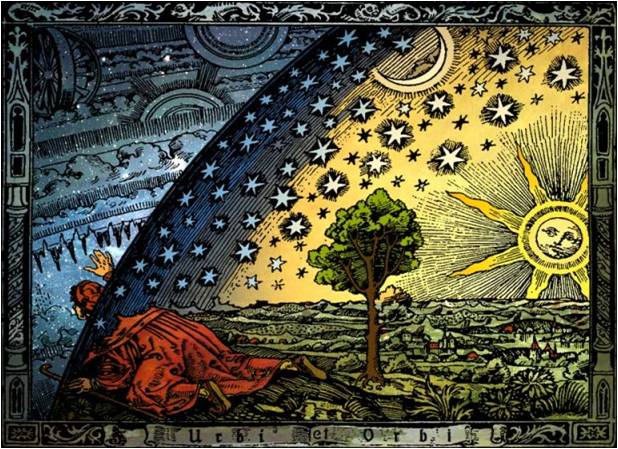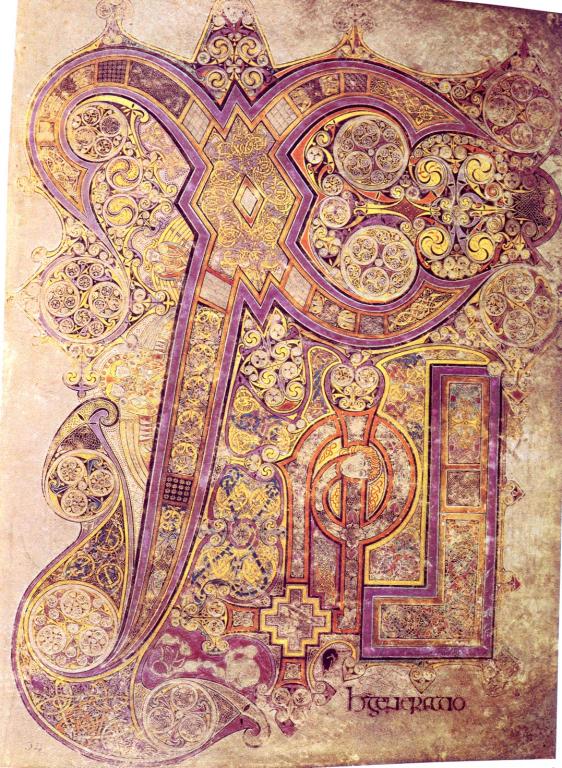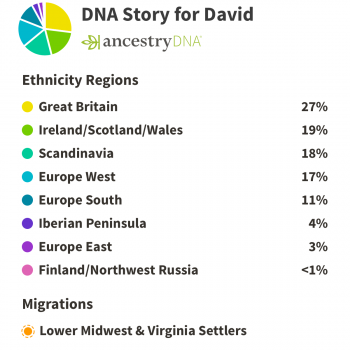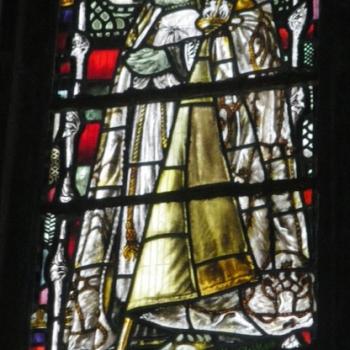David Russell Mosley

Advent
1 December 2015
The Edge of Elfland
Hudson, New Hampshire
Dear Friends and Family,
About a month or so ago I finished reading an excellent little book called Imaginative Apologetics: Theology, Philosophy and the Catholic Tradition. Some of you who know me will know that I have some issues with modern apologetics. For those unfamiliar with the term, apologetics means a defense. In most Christian circles these days it means a reasoned defense of the main tenets of the Christian faith: the existence of God, of Jesus, of the Resurrection, etc. If you’ve seen or read books by Lee Strobel or Alvin Plantinga (two very different types of author, I admit), then you’ve got a sense of what much of modern Christian apologetics is about. There is a problem with all this, however (actually there are many). The late Fr John Hughes, who has an essay in this book, describes the problem this way:
Richard Swinburne famously claims to calculate the statistical probability of the existence of God and the resurrection of Christ. It is worth pausing to consider this for a moment. This is problematic, to put it mildly, not only in that these calculations clearly fail to resolve the matter (or else why would there still be atheists), but also absurd in suggesting that the existence of God and the resurrection of Christ are things whose probability can be measured like any other ordinary “thing” in the world, in the same way one might wonder about the existence of an ancient Greek battle or another planet in our solar system, rather than something much more fundamental which alters one’s entire view of everything.
Essentially, what Hughes is onto here is that so much of modern apologetics tries to play by the atheists rules. That is, in doing this kind of apologetics we are acting as though God is just another thing in cosmos which can be examined like any other thing, rather than unconditioned reality that creates and upholds all created reality. Similarly, and even more interestingly, Hughes reminds us that even the Christ-event (a fancy term concerning the entirety of Christ’s life from conception to Ascension) is decidedly not like any other event. It is a worldview changer, because it reflects something deeper about reality.
However, Hughes, nor the other contributors to this wonderful book, is not content to complain about the issues of modern apologetics. Instead, Hughes et al., suggest that a modern apologetic must attract our sense of the Good and the Beautiful as well as the True. Discussing Alisdair McIntyre’s deconstruction of postmodern irrationalism, Hughes writes:
And because we are creatures of flesh and blood rather than pure intelligences, these arguments will persuade us not by some irrefutable logic, but also by all the powers of persuasion, by their goodness and even their beauty. They will be arguments which must be enacted in our lives as well as in our words. But if they are authentic then their rhetoric will persuade by virtue of their inherent beauty and goodness, rather than because of some added spin or window dressing. Form is not accidentally related to content: the medium must fit the message.
For Hughes logical proofs are not what will bring people to faith. After all, a logical proof can be totally valid if we assume all the premises are true, but, especially when it comes to questions of the existence of God, we cannot guarantee that the premises are true. Instead, as Hughes and the other authors in this volume note, what will convert people, or better, what will transform this world is when we remember what kind of creatures we are. We are not angels, we are humans. We need narrative and beauty and morality. Christianity will be seen to be true when we can demonstrate with our lives that it is also good and beautiful, that it is more indicative of the way things really are.
Therefore, we need a lived apologetic in the same way that we need a lived evangelism. We need a lived understanding of what it means that God exists, that he created the cosmos out of nothing, that he is Tri-personal, that he exists in the relations of Father, Son, and Spirit, that the Son became Incarnate, died, and resurrected. How that looks will have variations for every individual Christian, but it will, at its heart, be revelatory about the true nature of reality, and not merely an attempt to “logic-chop” our non-Christian interlocutors. This is the kind of apologetic, the kind of life, I seek and often fail to live. Join me.
Sincerely,
David















